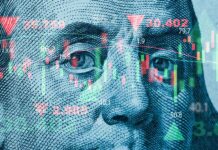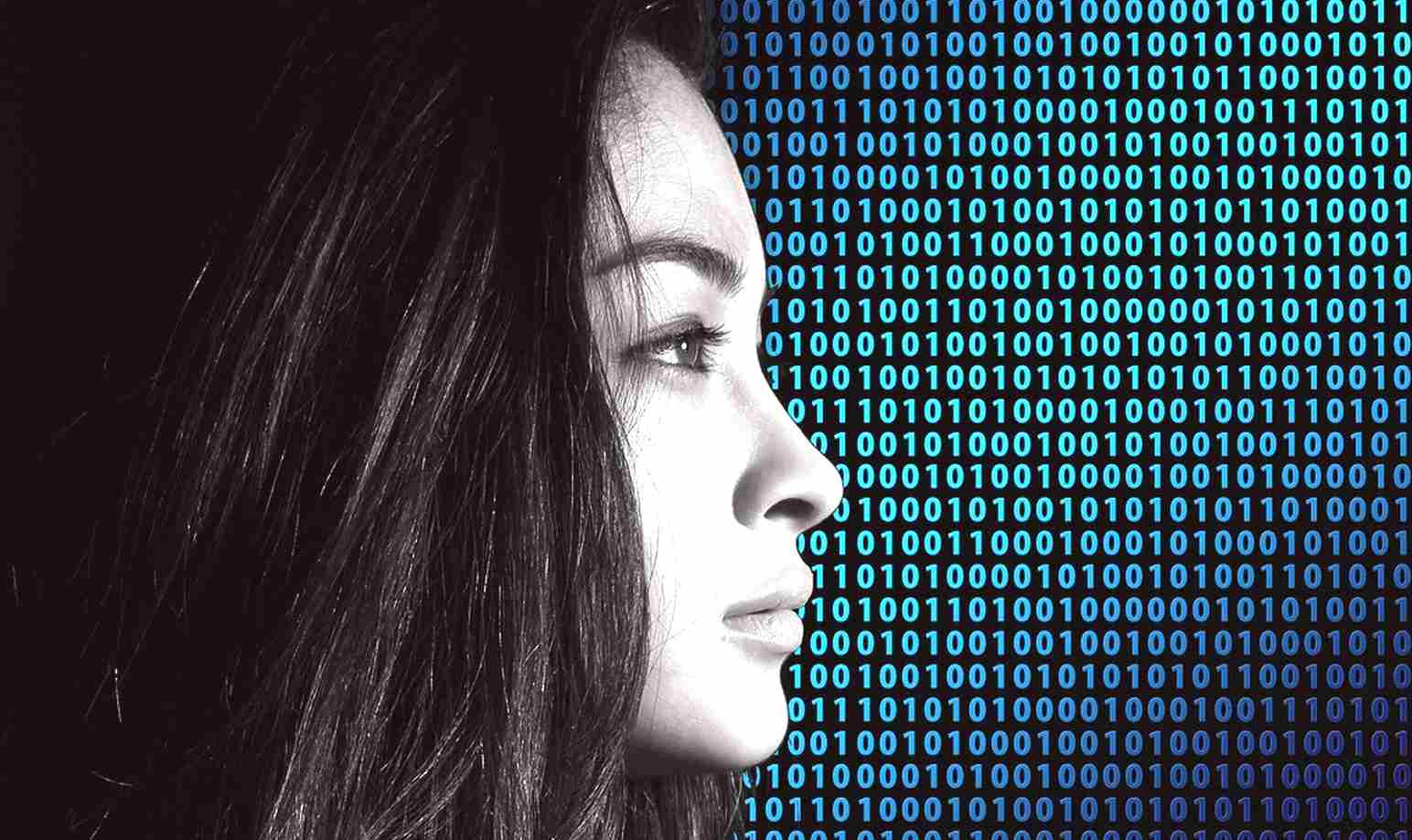The digital footprint is slowly but firmly getting into awareness of our society. And there is no wonder, with regard to the fact that we leave such a footprint behind us in the very moment we wake up. We continue to produce these digital footprints throughout the whole day. And we do it even when we sleep, if we don’t take off our smart watch.
The first thing most people do in the morning is switching off the alarm clock in their mobile phone. This is our first digital information we give forth so that the world knows about us. Producers of mobile phones or applications detect and record not only when and where the alarm rang, but also how long it took the sleeper to switch it off. Anyone who is used to open the social media after waking up, feeds up various data systems with lots of other information. And such a person does not have to be too active online. It’s enough to connect to his or her profile through e-mail. These peaces of information are filed, saved and analyzed. Which day, at what time, how long, including our activity on internet.
Way to work
We leave digital footprints behind us also during our way to work. It does not matter if we travel by car, walk or use the public transport. When we go by car, the course of our journey and the style of our driving is recorded by data systems via our car and mobile phone. When we choose public transport, the information related to where, how fast and even with what acceleration we travel, is saved via our mobile phones. These systems keep track even of those who travel by train without any electronic device. When they show their customer card to the conductor, the data about where, when and how they travel are recorded.
And we cannot escape it even when we walk. Camera systems watch us on the streets. It is no problems for data systems to pair our faces with our pictures on internet. In China people can simply cross the street on the red light, and appropriate systems withhold their rating points.
How is it at work? In the moment we enter our workplace, these systems use our electronic cards to record the time of our arrival, as well as when and how we switch on our computers or start up the machines connected to internet. It can be any machine tool or cash register. Data systems don’t watch only how we work, but also what we do on our computers and mobiles. They keep track of with whom we communicate and analyze the content of our interaction. When we for example send a joke about craftsmen to someone by e-mail, we can bu sure that during upcoming days advertisements of craftsmen start to appear on the screens of our mobiles or computers.
Credit cards and payment application
We produce digital footprints even during lunch. It can be in any restaurant. It is enough to pay by credit card. Data systems detect where and what we eat and also how much we pay.
Credit cards and payment applications in mobile phones are especially valuable sources of information. Banks and credit cards providers have a perfect overview not only about our account balance but also about the account activities. And all this information is evaluated. When you are sent an offer of a preapproved loan by post, which is only a tiny bit higher than your incomes, be sure that it began in the data centre of the respective bank.
Any customer card is a source of digital footprints. It does not matter if we use these cards to buy food, goods or services. Each use of such a card is recorded, evaluated and carefully analyzed. Does it mean for example that if a person does not buy any meat during four visits of a supermarket that he or she is vegetarian?
Orwell’s Notes
And that’s not all. Data systems don’t detect just what we are doing in any moment but also what we are thinking about. We can just comment something on internet, like, retweet or share something. Even these things are recorded and evaluated. Data systems watch with whom and about what we communicate by e-mail, to whom we call or with whom we are friends online.
Everything is saved and measured, all these data form one complex information about any person. And if we add a smart watch to our equipment, the measured data include also our actual physical condition. That can be easily paired with our medical documentation.
And again these people are measured, weighed and filed to appropriate categories according to the data they provided during the whole day. Parents, childless, singles, in relationship, healthy, ill, sociable, solitary, wealthy, indebted, choleric, melancholic, interested in new cars, the newest trends of the cosmetic industry or adult movies.
Internet of Things
And even here it does not end. Thanks to the Internet of Things (IoT) it is enough to switch on TV, radio, computer or to take something from a fridge, connected to internet. Systems collect information which is related to what and how long we watch. And what do we eat during this time. Equally traceable are those whose home is equipped by a security system, connected to internet. Data systems know exactly when they lock their house or flat and what passwords they use.
The question is, can also the users of modern technologies themselves benefit from this? Yes, they can. Thanks to the European legislature, known as GDPR, any EU citizen can access all kinds of his or her personal information. And when people ask for the access, they can do whatever they want with these data. They can save them wherever they want, review them or provide to anyone else. They can offer them for free or sell them.
–DNA–










































